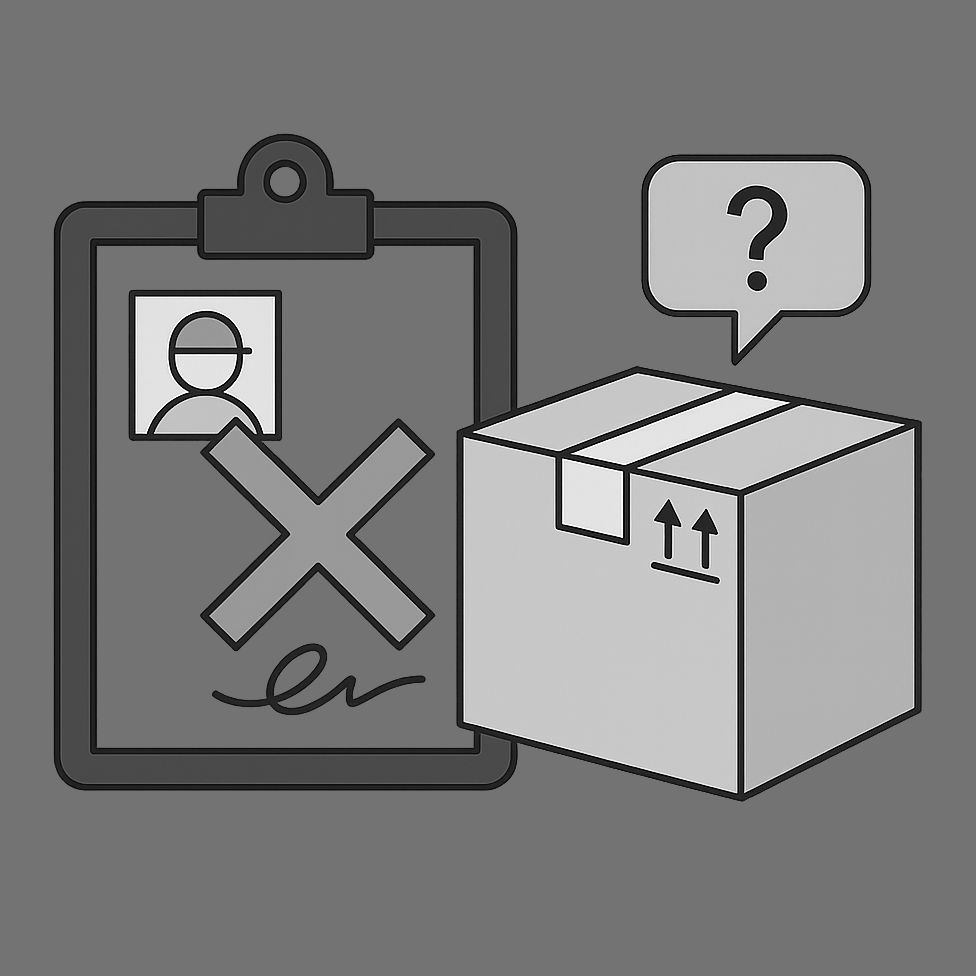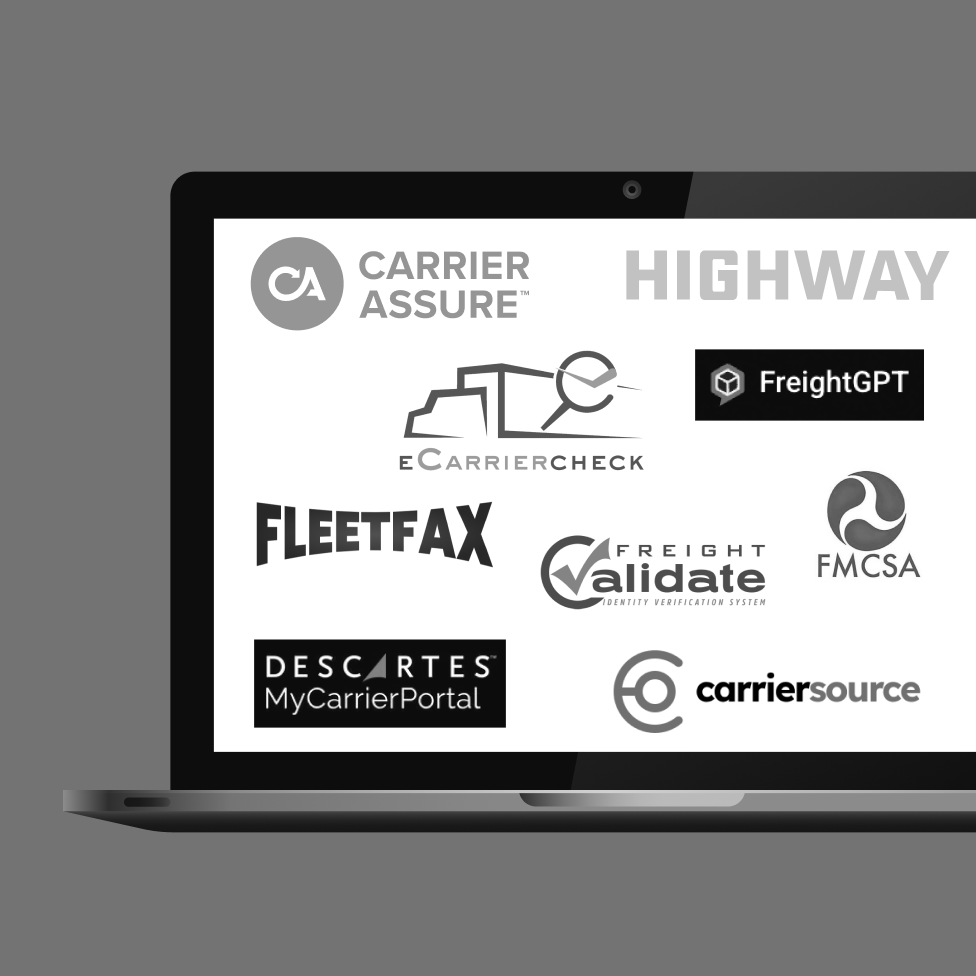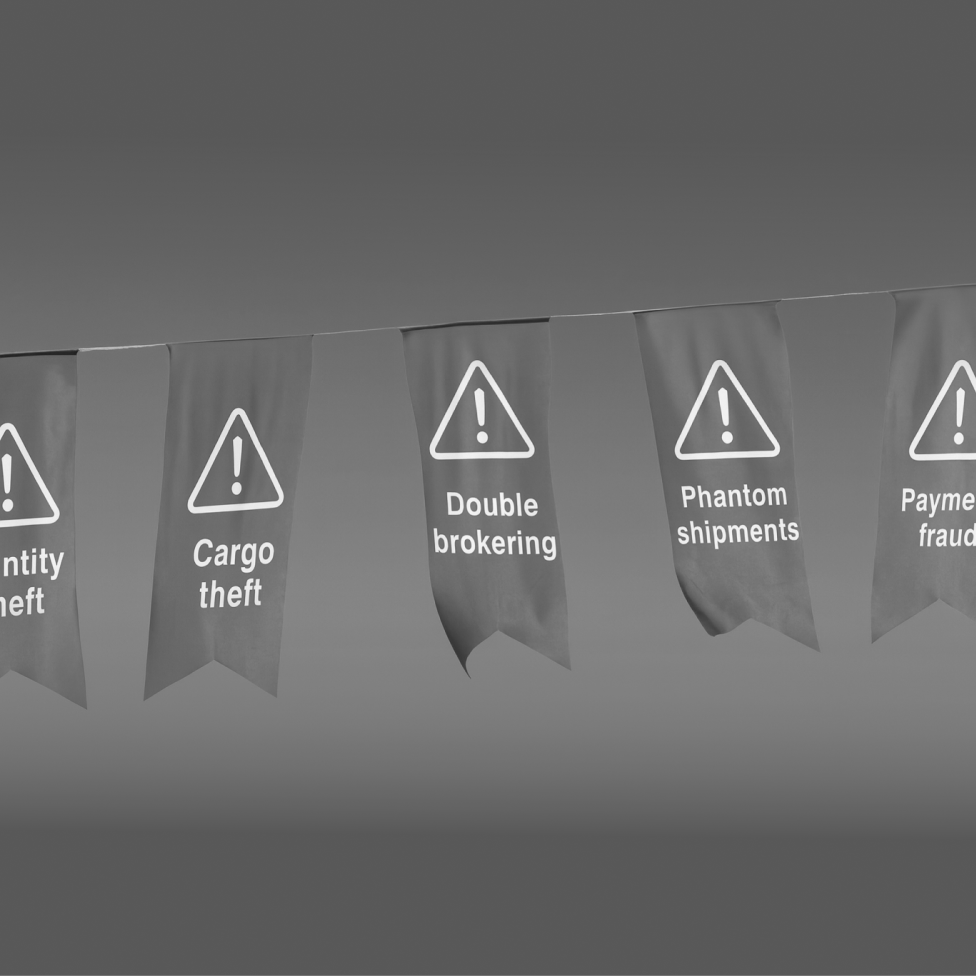Georgia is renowned as the logistics and transportation hub of the Southeast. Home to 85% of the world's top third-party logistics companies (3PLs), Georgia's freight network extends its reach far and wide. An impressive 80% of the U.S. market is accessible within a 2-hour flight or a 2-day truck drive from the state, highlighting its pivotal role in the distribution chain.
The heart of Georgia's logistics prowess lies in its world-class facilities. Hartsfield-Jackson Atlanta International Airport is the world's busiest and most efficient airport and features extensive cargo capabilities. With over 2 million square feet of warehousing space and a unique USDA-approved On-terminal Perishables Complex, it handles an astonishing 650,000 metric tons of cargo annually.
Complementing the airport's capacity is the Port of Savannah. Georgia's port is a leader in American-made exports and boasts 67 cold chain facilities encompassing 189 million cubic feet of space.
This article breaks down the facets of Georgia's freight market that make it a hotspot for 3PLs and freight brokers. From industry-driving sectors to emerging trends and strategic insights, we explore what makes Georgia an ideal landscape for logistics success.

Georgia's Economy and Industries
Georgia's economy is characterized by growth and diversification, making it one of the leading economic centers in the Southeast. In recent years, the state has experienced significant economic development, marked by increased investment, job creation, and technological innovation.
Georgia is known for its business-friendly climate, which includes competitive tax incentives, a skilled workforce, and a strategic location that provides easy access to domestic and international markets. This environment has attracted many businesses, from manufacturers to multinational corporations.
Top Industries
Understanding Georgia's industrial landscape is crucial as you look to expand your business and diversify your client base. Keeping an eye on growing industries can provide new opportunities and help in strategic planning for business expansion.
Top 5 Industries By Number of Companies According to NAICS:
- Retail Trade: A primary industry in Georgia, comprising everything from large retail chains to independent stores, significantly influencing the movement of consumer goods.
- Construction: The construction industry drives substantial freight movement from building materials to equipment. Although there was a 4.1% decrease in revenue last year, it remains a vital part of the state's economy.
- Wholesale Trade: This sector, contributing $43 Billion to Georgia's GDP, acts as a critical link in the distribution of products throughout the state and beyond.
- Manufacturing: Manufacturing is central to Georgia's economy, growing 4.3% and accumulating $59 Billion in GDP last year.
- Transportation and Warehousing: This sector is crucial to Georgia's supply chain and boasts a 3.5% annual growth rate.
Top Manufacturing Goods
Georgia boasts a substantial manufacturing sector with 8,100 companies employing 476,170 workers. A significant portion of these companies, 12%, are publicly owned, and the same percentage imports raw materials. Notably, 25% of these manufacturers distribute their products internationally.
Atlanta, Georgia's largest industrial city, houses 679 manufacturers with 49,090 workers. Other key industrial cities include Dalton, Savannah, Gainesville, Marietta, Alpharetta, and Columbus.
Georgia's manufacturing landscape is diverse, featuring significant aeronautics, automobile manufacturing, and food processing players. These industries and cities are crucial to the state's robust industrial sector.
Below are the top industries by GDP according to Georgia Tech’s Manufacturing Extension Partnership:
- Food and Tobacco Manufacturing ($11,650 million in GDP)
- Chemical Manufacturing ($6,350 million in GDP)
- Aerospace and Transportation Manufacturing ($5,975 million in GDP)
- Textile and Textile Product Mills ($4,454 million in GDP)
- Paper Manufacturing ($4,381 million in GDP).

New and Rising Manufacturers in Georgia
Georgia's business-friendly environment attracts many companies to metro Atlanta and other parts of the state. Various businesses are opening headquarters, distribution centers, and customer service offices.
Here are some of the significant business moves happening in the area.
Opportunities for Freight Brokers and 3PLs in Atlanta
Atlanta's economy and freight market offers many opportunities for freight brokers and 3PLs looking to expand or diversify their business. Georgia's strategic position as the logistics and transportation hub of the Southeast, combined with its access to 80% of the U.S. market, provides an unparalleled platform for growth.
The state's robust manufacturing sector, including solid industries like food processing, transportation equipment, and chemicals, continues to drive demand for freight and logistics services.
With Georgia's economy experiencing substantial growth and the freight and logistics industry contributing significantly to the state's GDP, there is an apparent demand for efficient, innovative logistics solutions. The influx of new businesses and business expansions in the state further underscores the need for capable freight brokers and 3PLs to facilitate these operations.
Are you growing your Atlanta freight brokerage or trucking company? Need an Atlanta factoring company? Denim has your cash flow needs covered. With flexible factoring solutions, Denim can set you up for success in Georgia's growing market. Tap into the potential of this thriving economy and let Denim help you navigate the financial aspects easily. Learn how Atlanta-based Scale Logistics grew with Denim.

Denim’s automated solutions streamline your back-office operations. Explore our solutions to see how Denim can help your business scale efficiently.
There's a better way

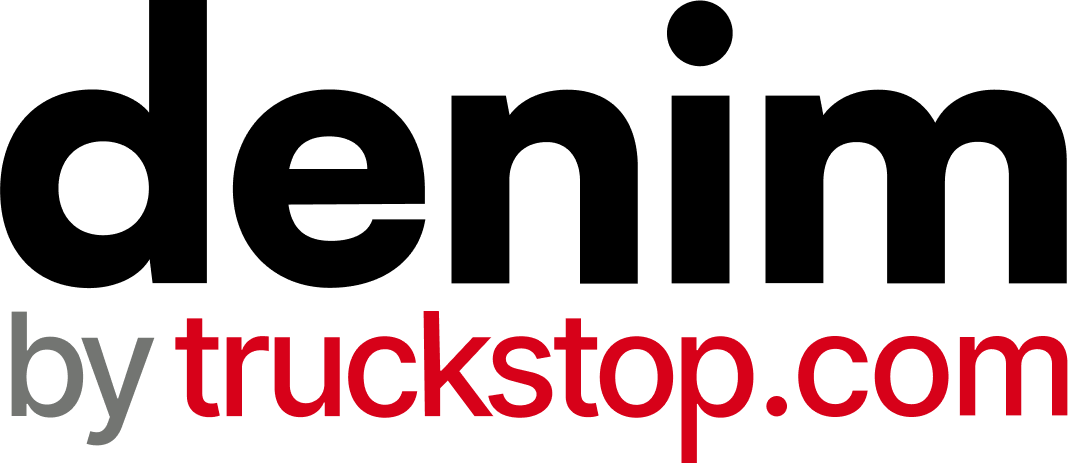
.png)

